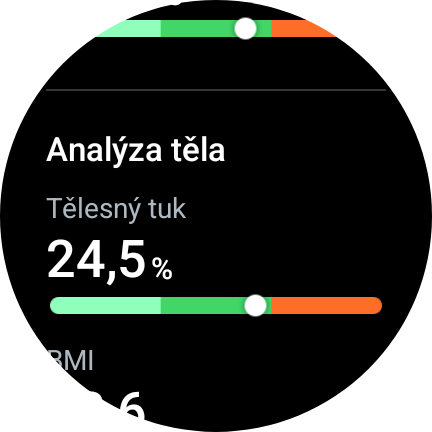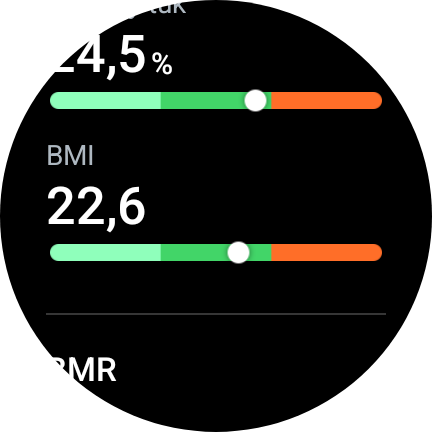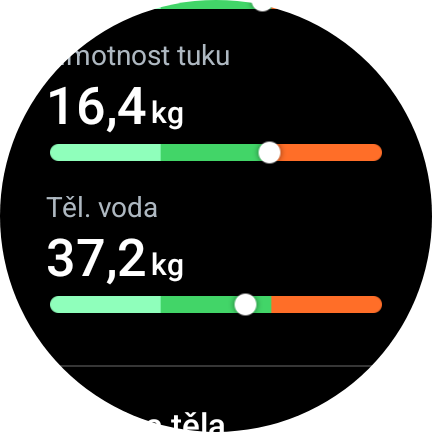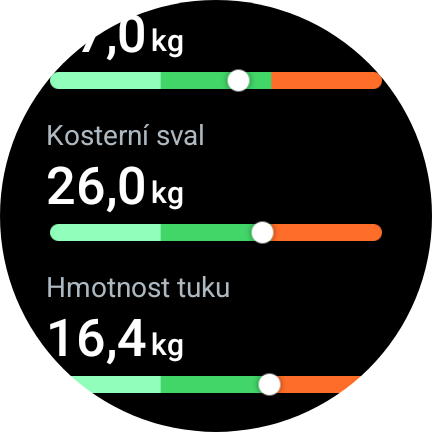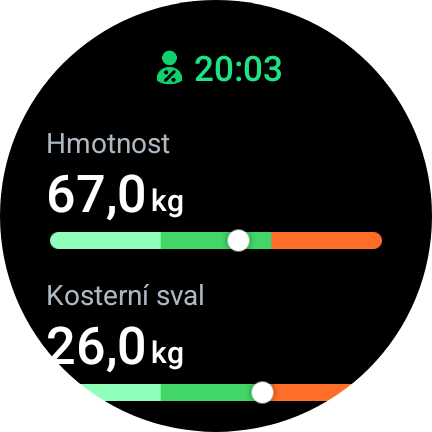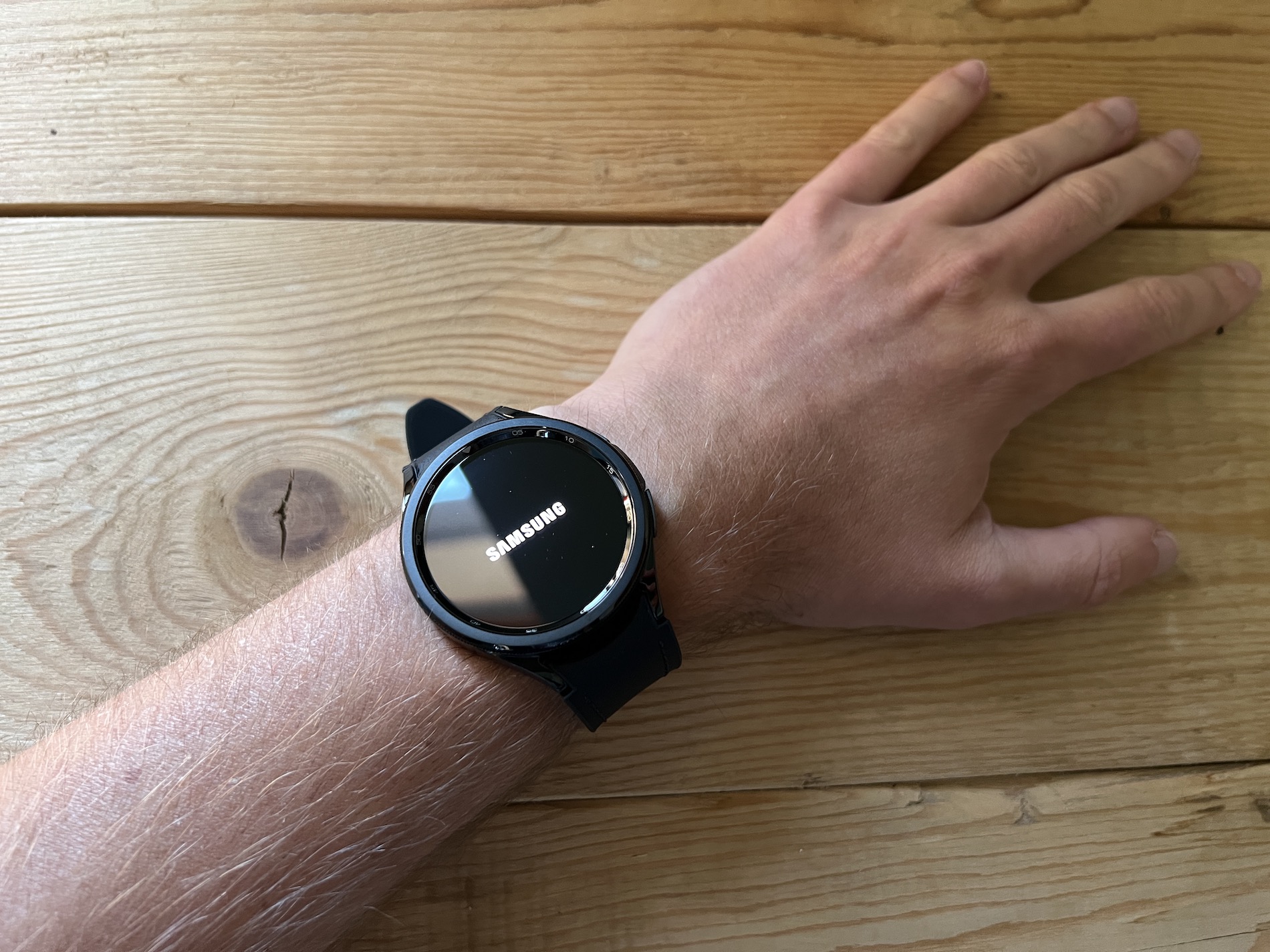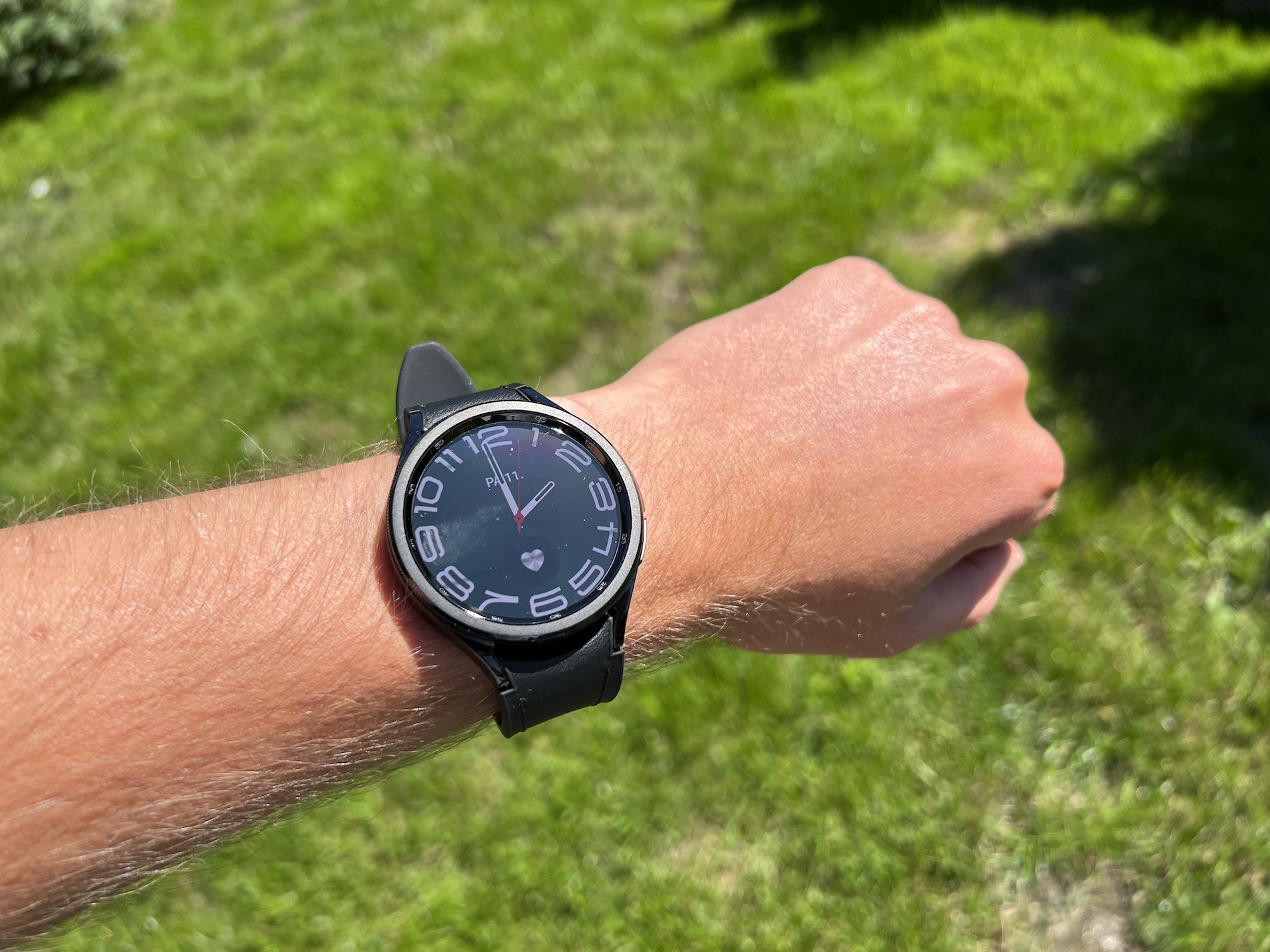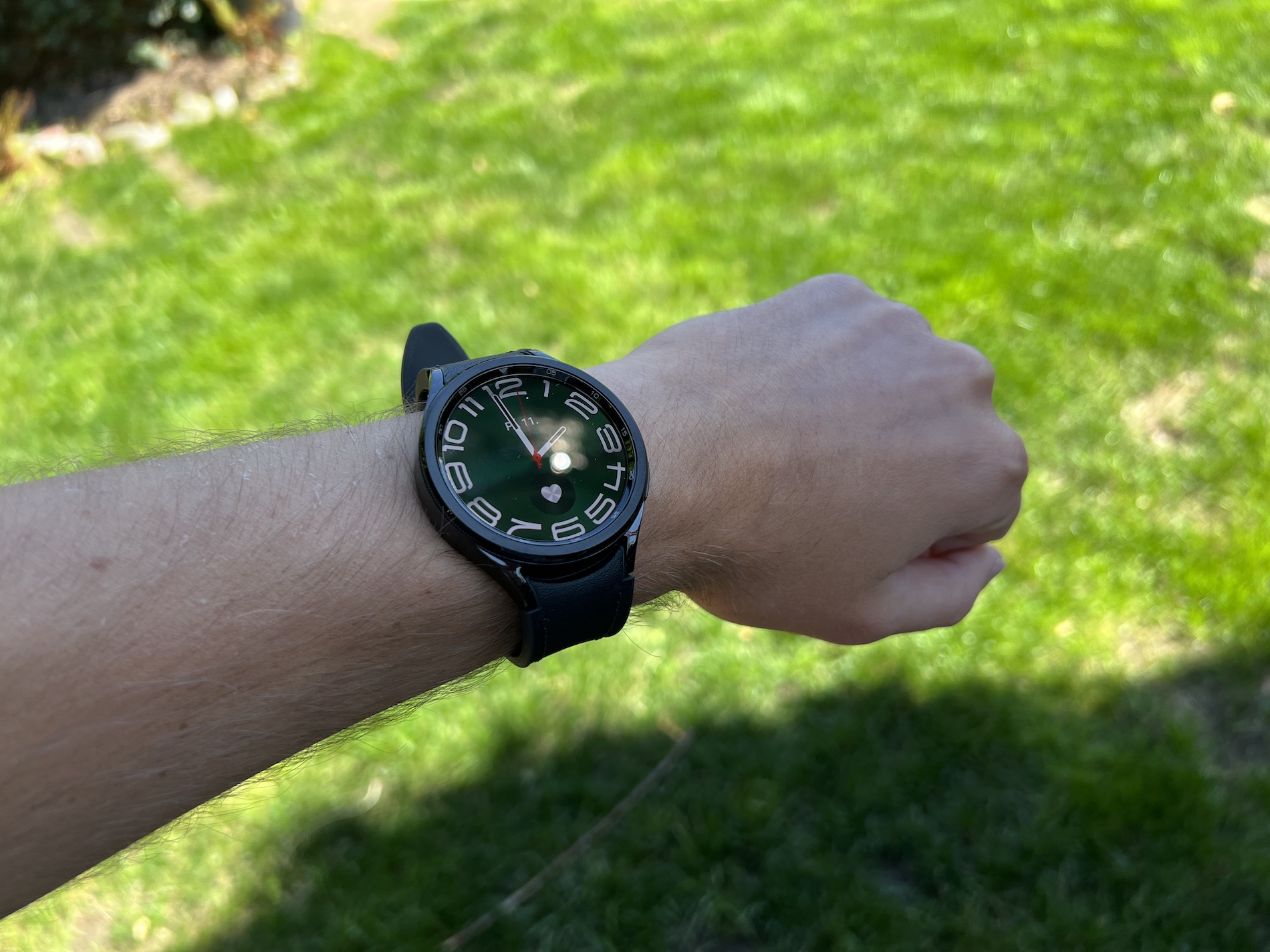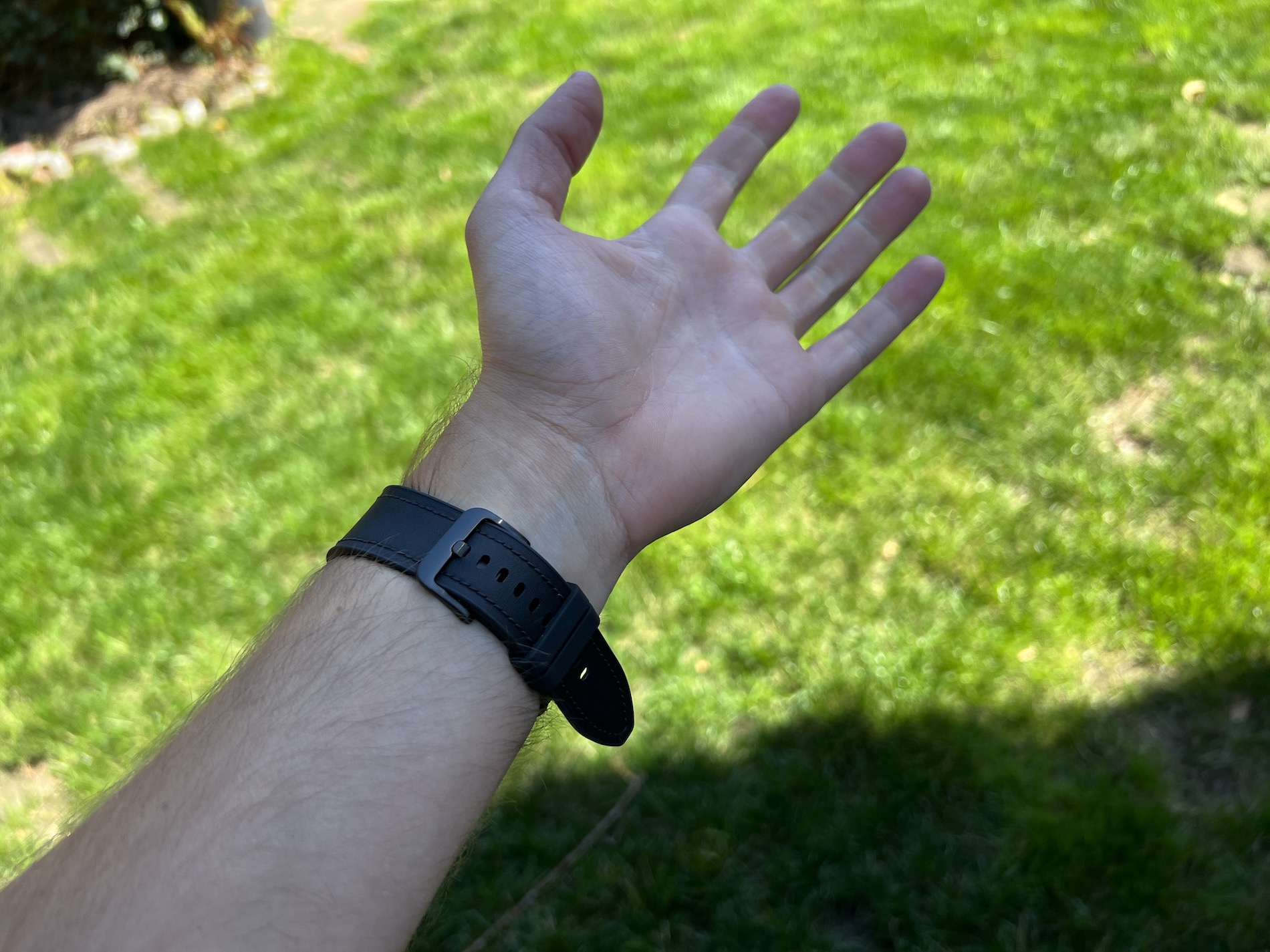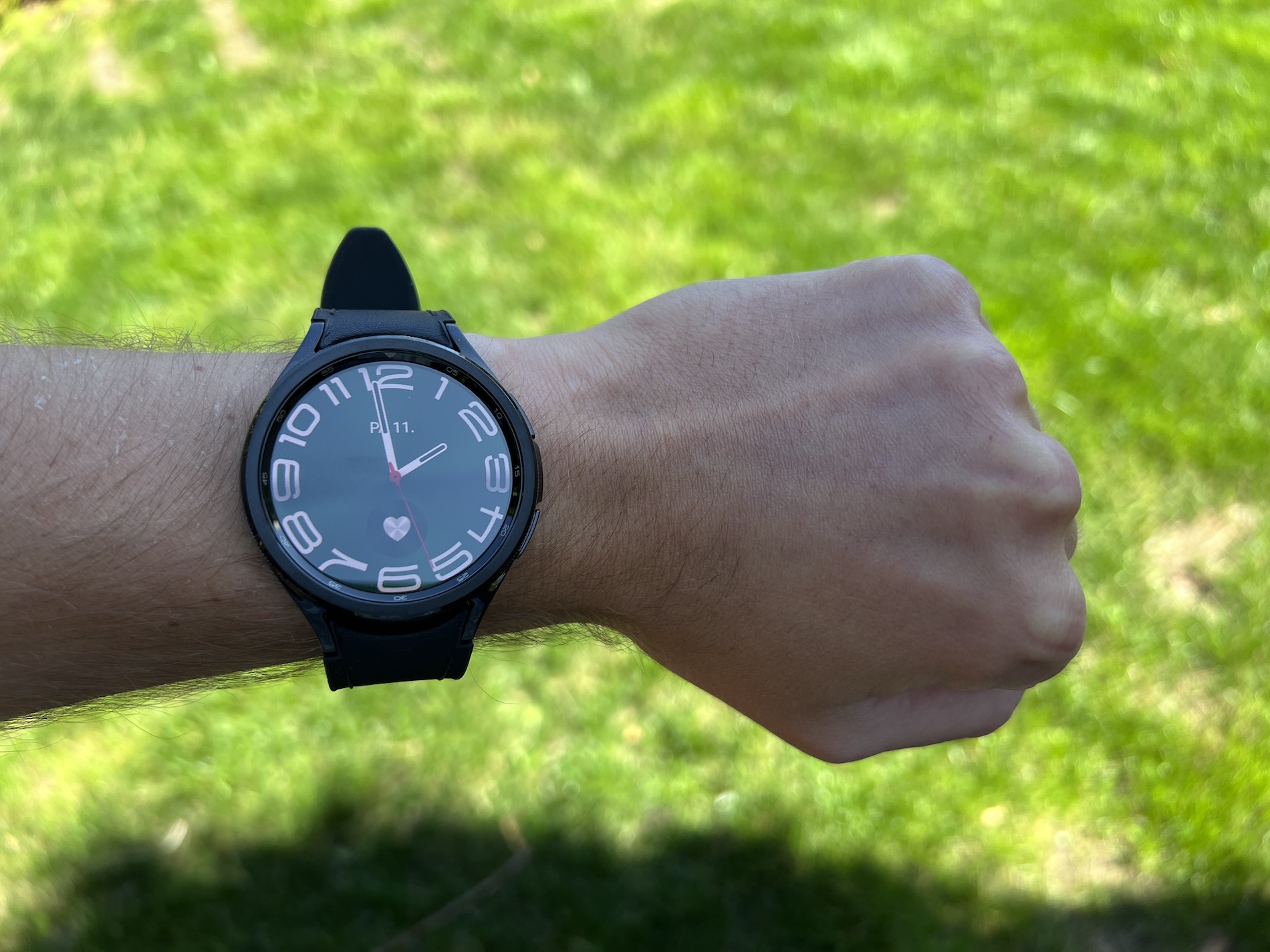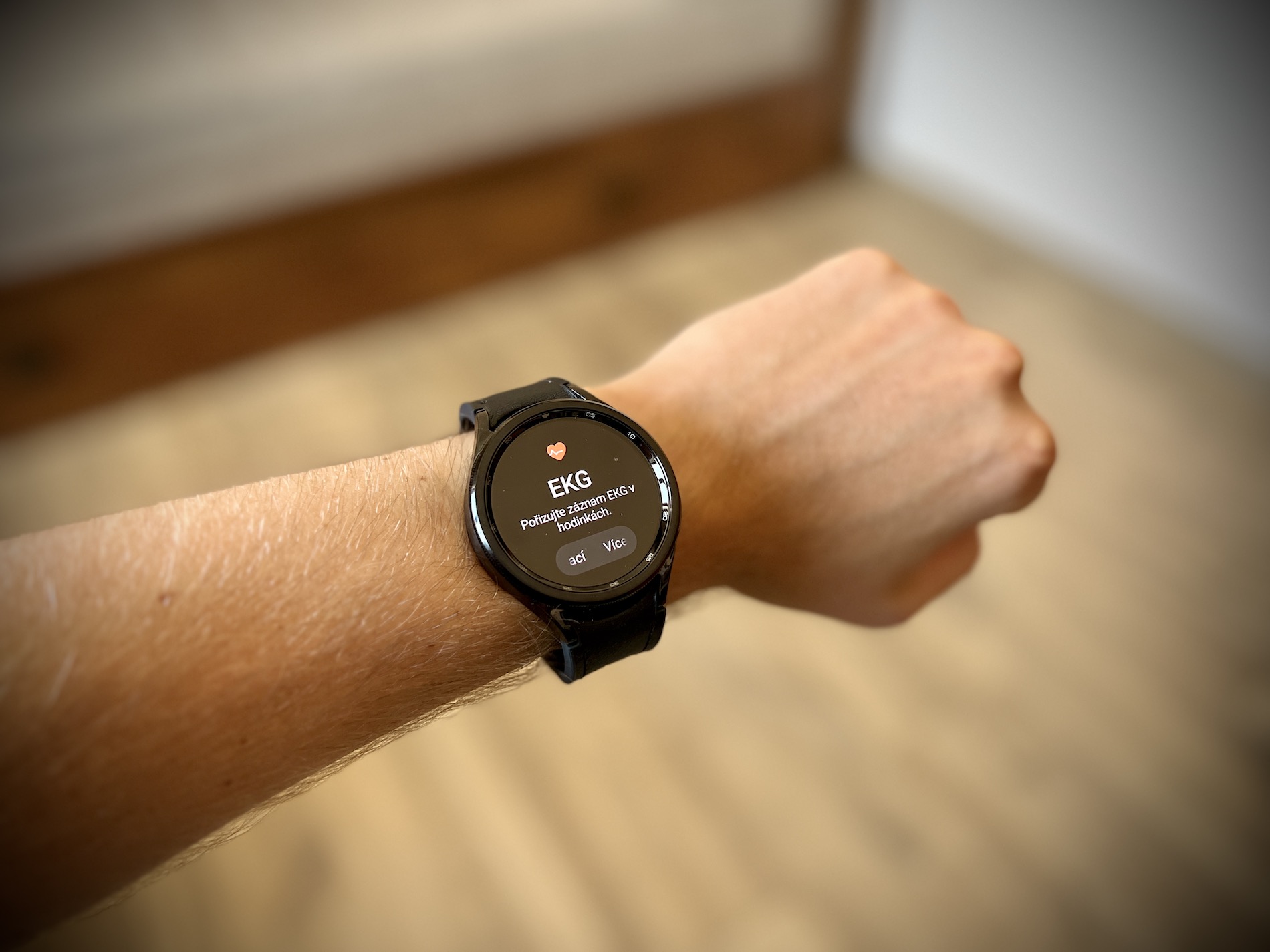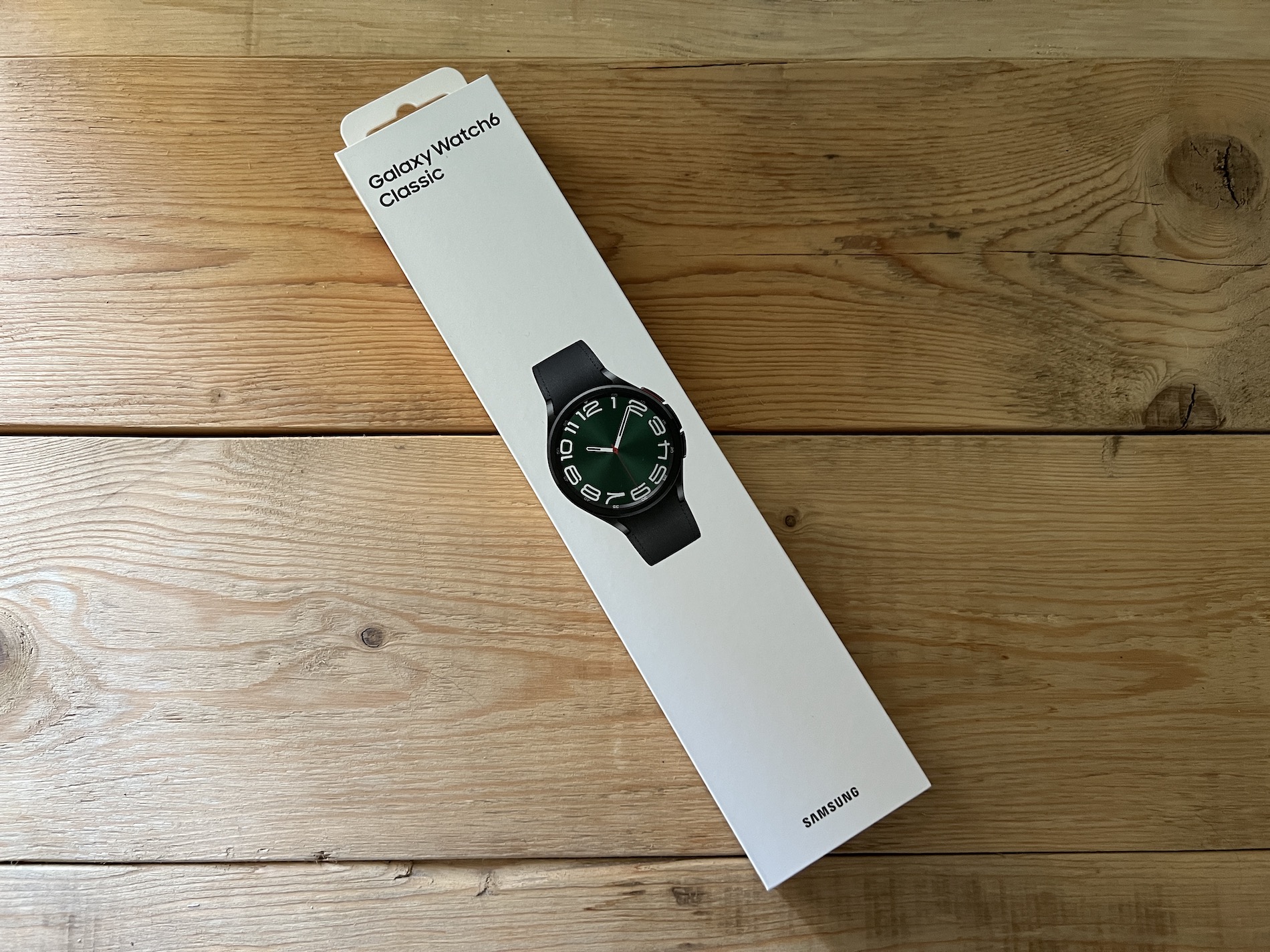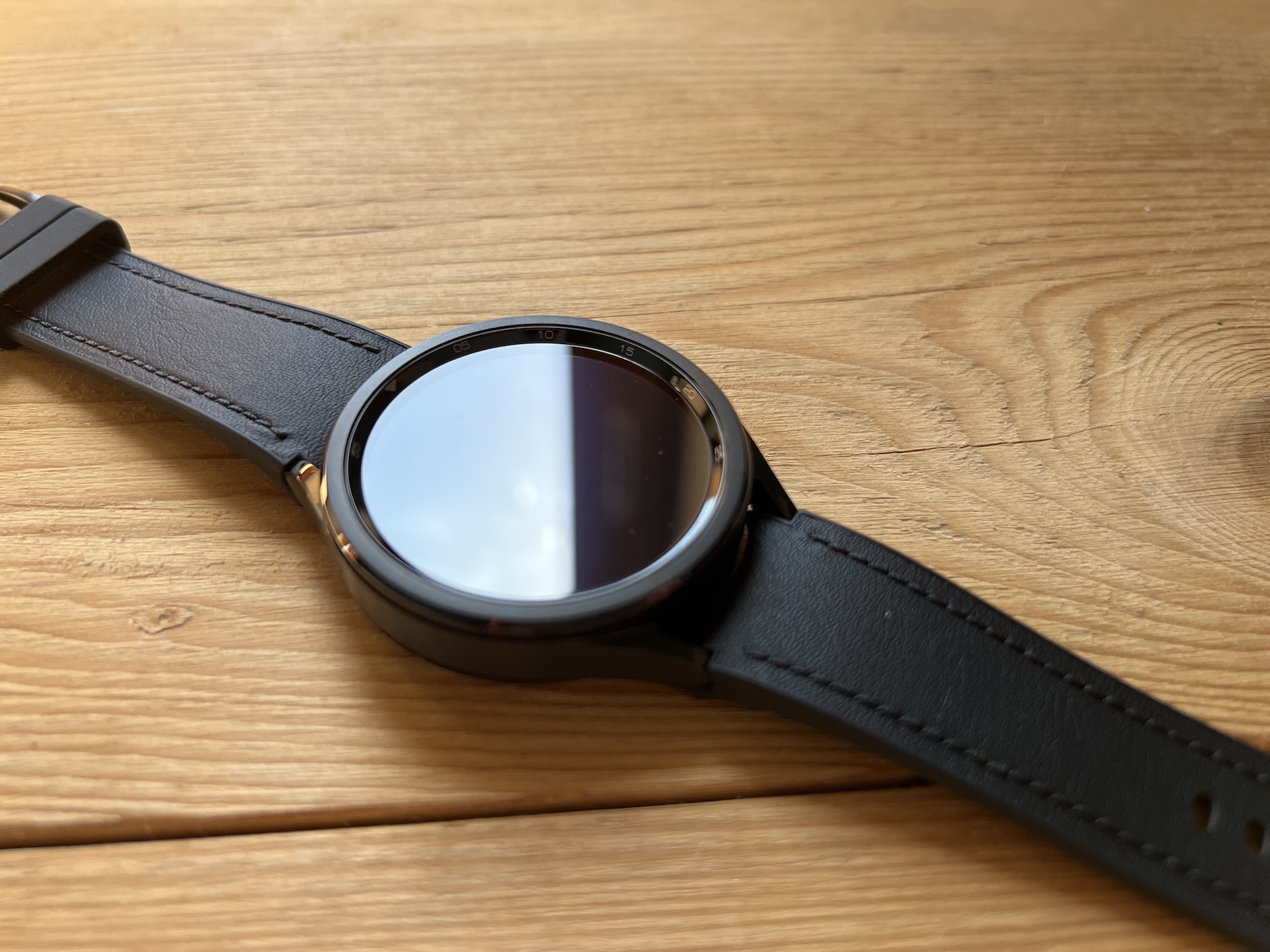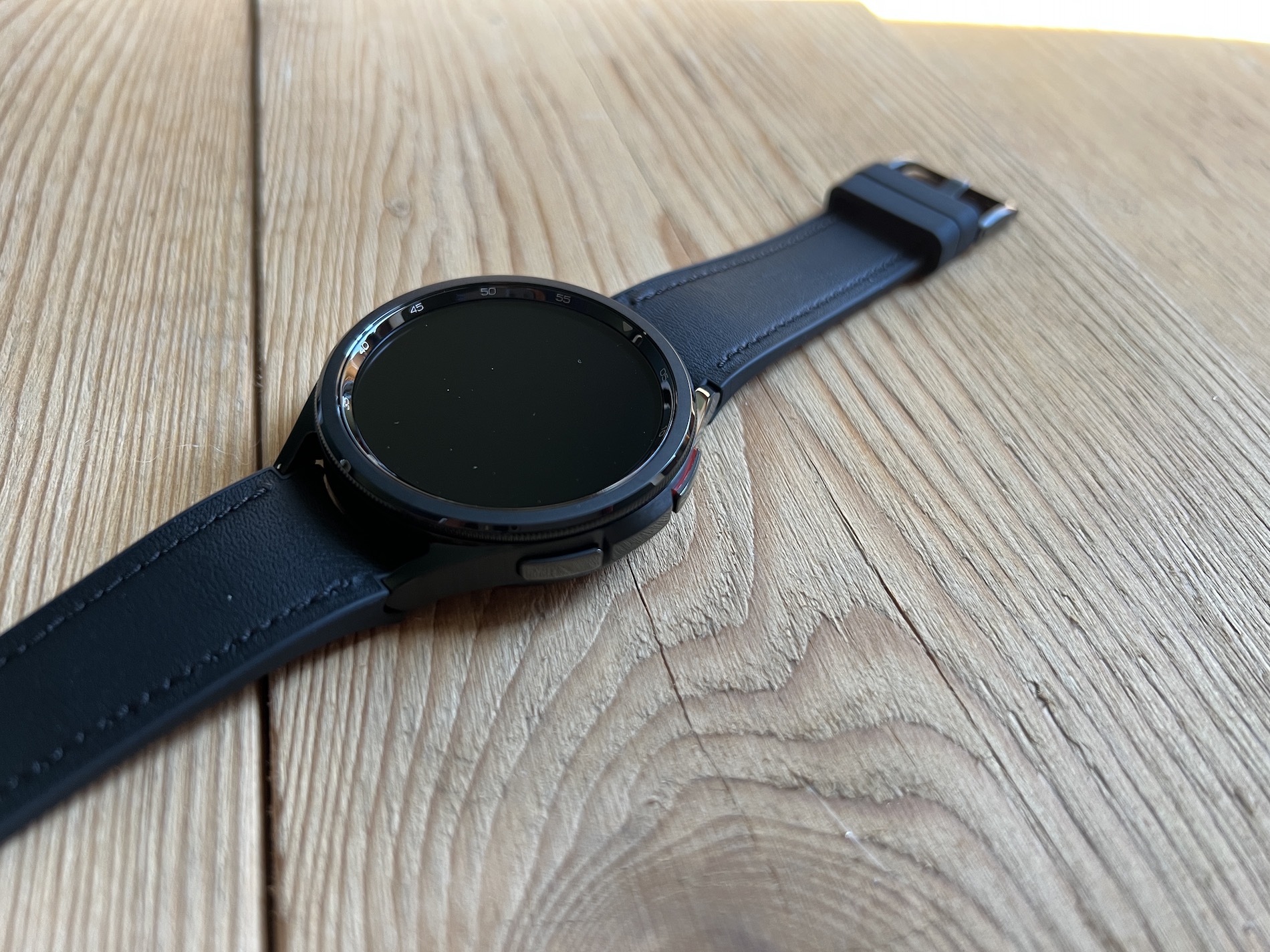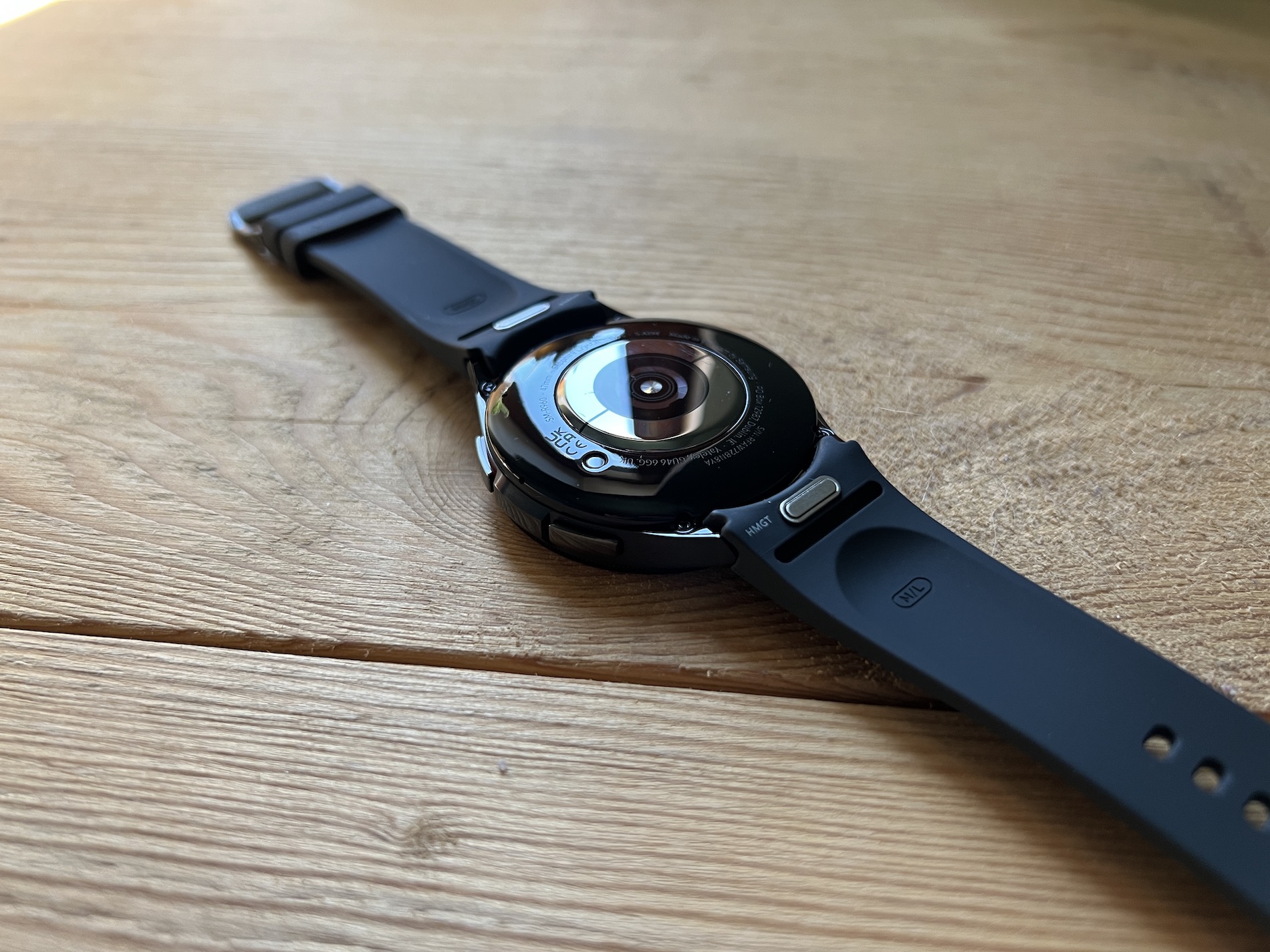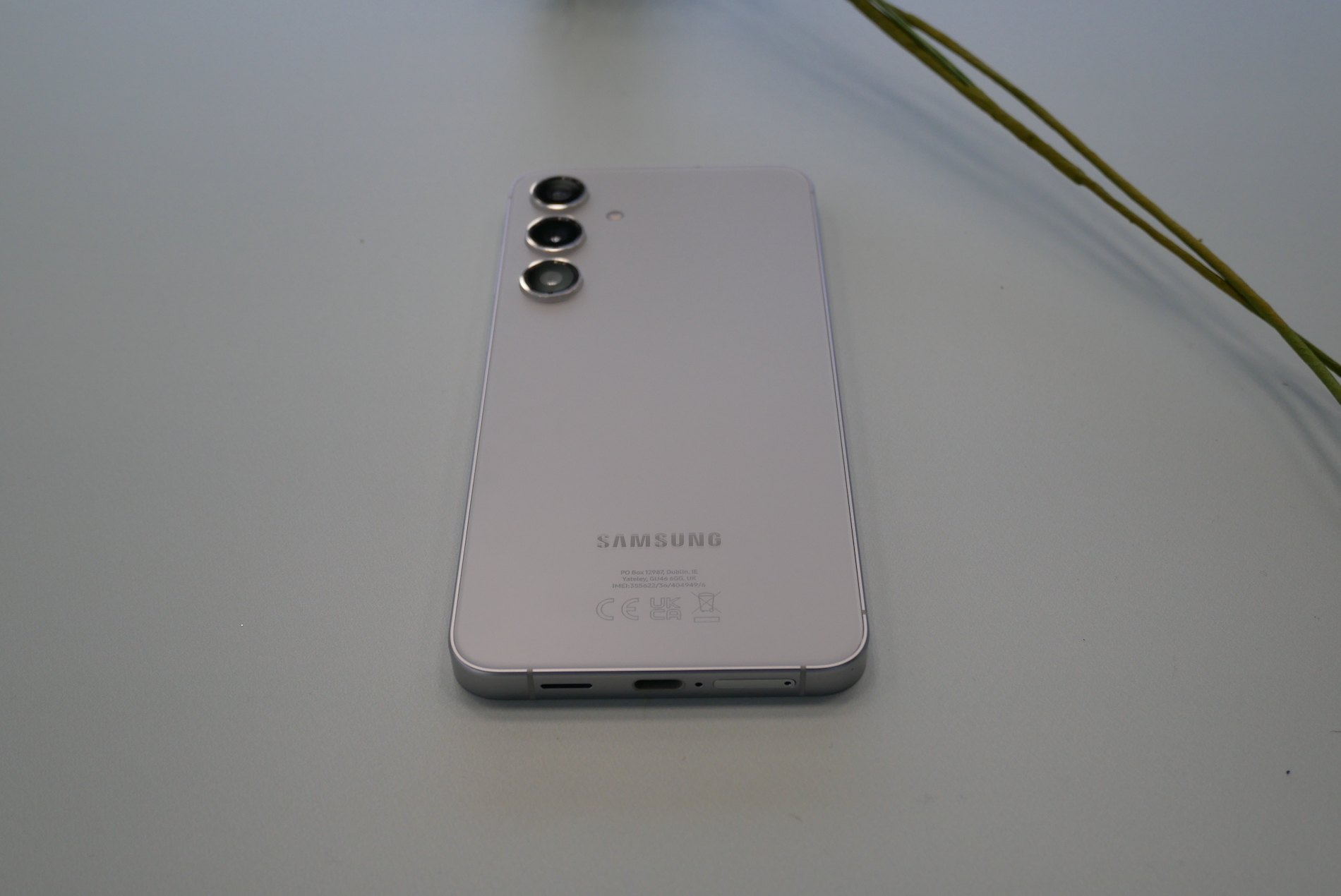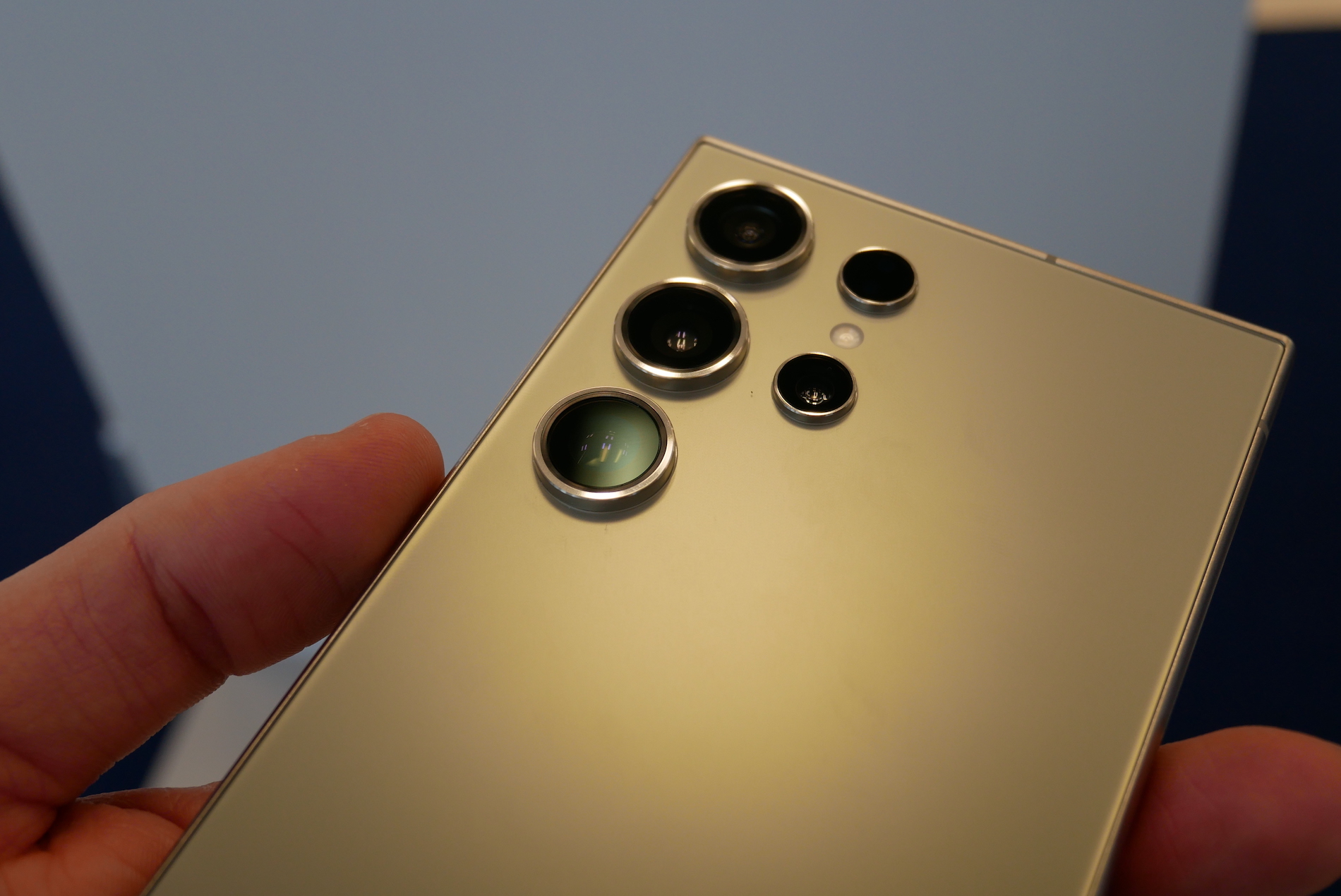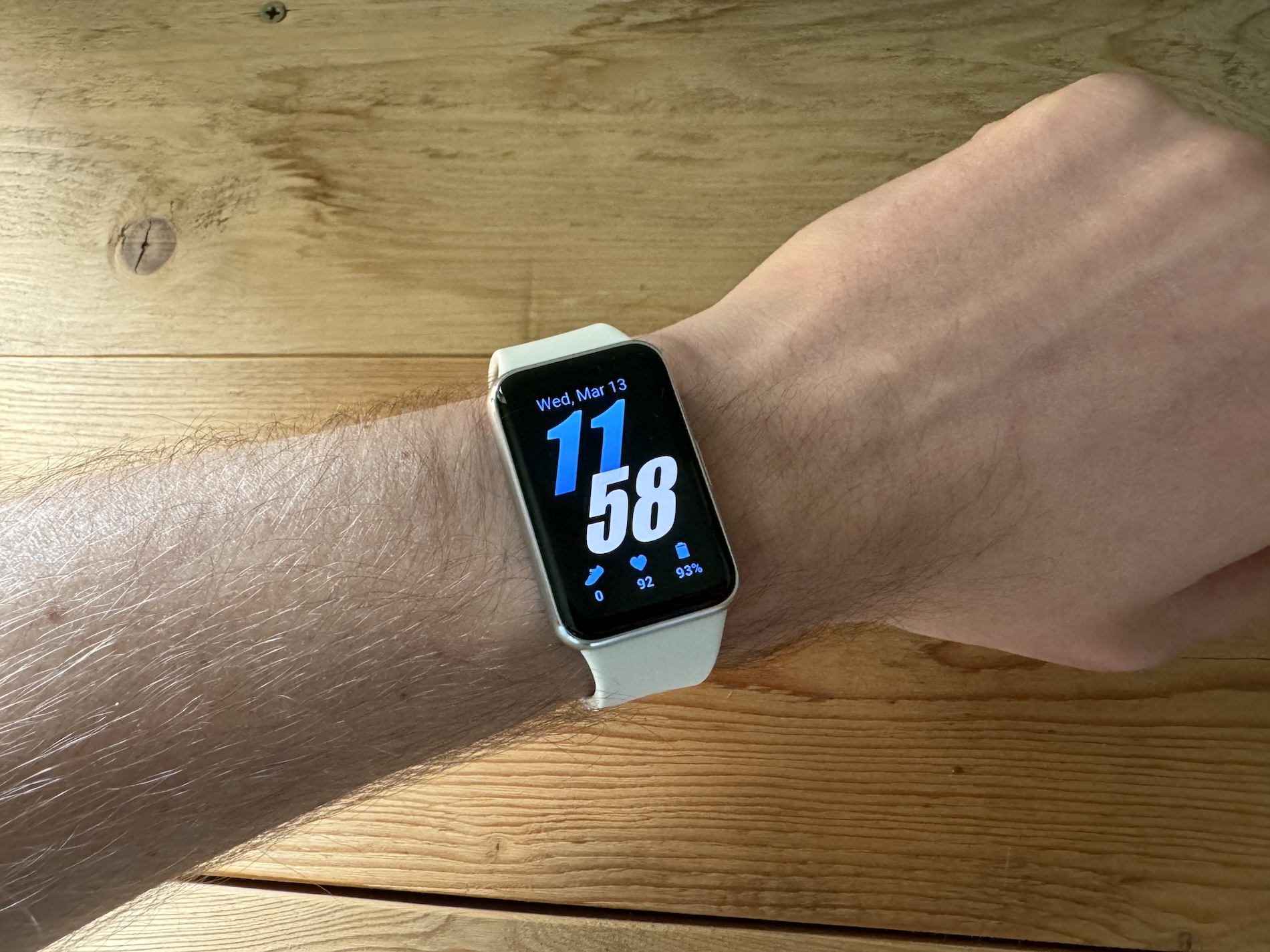Samsung is gearing up to launch new wearables this summer, specifically the watch line Galaxy Watch7 and a smart ring Galaxy Ring, and it seems one of the key innovations it could bring will be artificial intelligence functions. Dr. Hon Pak, Head of Digital Health at Samsung MX Division, recently met with members of the Samsung Health Advisory Board to discuss the future of AI, wearables and how these technologies could improve healthcare.
During a meeting at the Samsung Medical Center in Seoul earlier this spring, several members of the Samsung Health Advisory Board shared their views on these main topics: what role does technology play in health, especially when combined with generative AI? And What role could Samsung play in the evolving healthcare landscape?
Professor Myung Jin Chung, director of the Samsung AI Research Center at Samsung Medical Center, explained that data collected from wearable devices can be useful for healthcare and better understanding of a patient's health history. The future of artificial intelligence, he says, is to take these insights from the wearer's daily life and provide a deeper understanding of their health.
Cardiologist Dr. Michael Blum said that continuous monitoring can become an important tool for early detection and prediction of potential diseases. High blood pressure and atrial fibrillation are "high risk and high impact" and can be managed with low-intensity interventions, he said. Blum also said that smartwatches can help doctors better understand the underlying problems that may contribute to such ailments. And artificial intelligence could turn data into useful insights.
You could be interested in
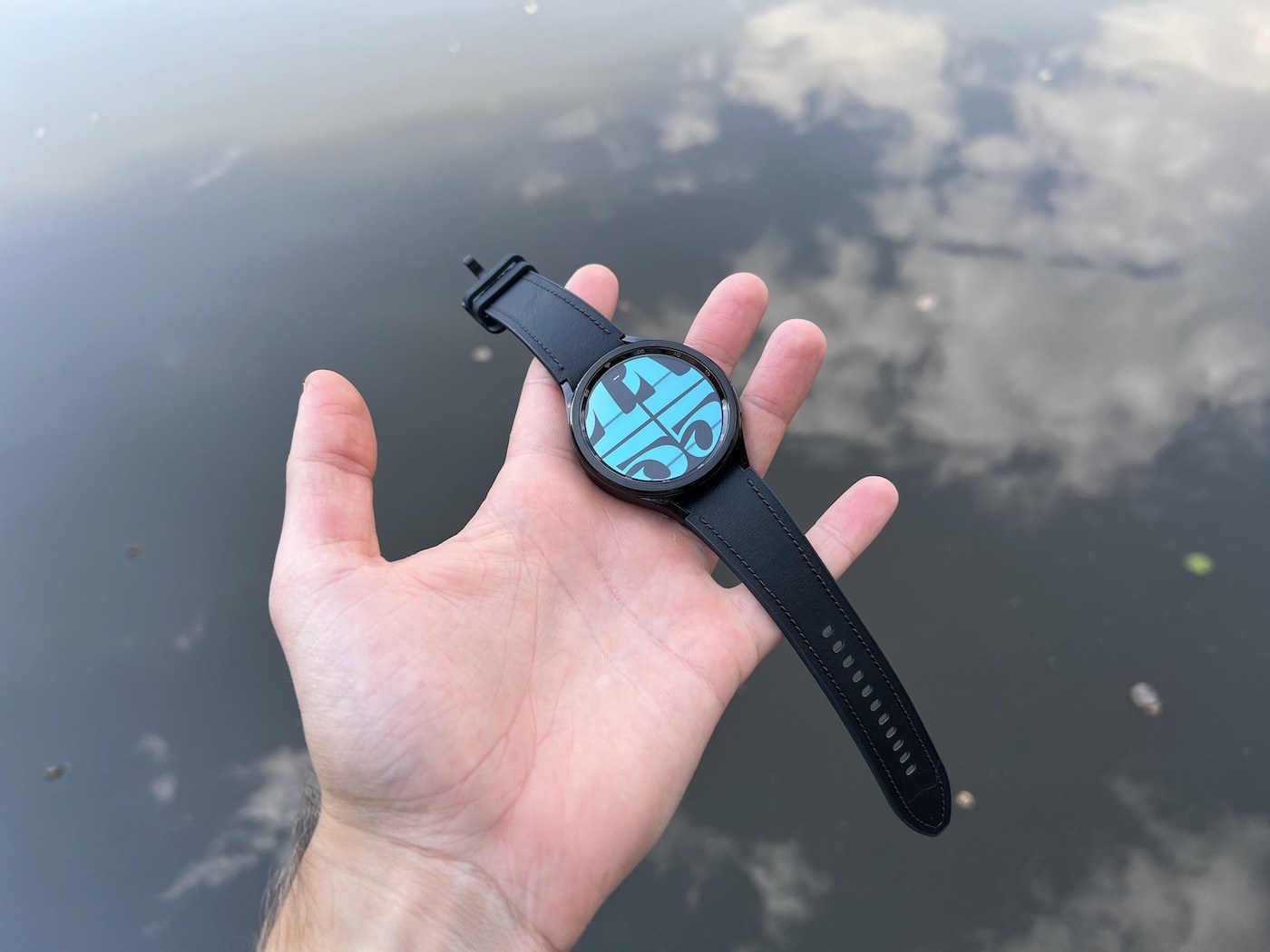
Dr. David Klonoff, president of the Diabetes Research Institute at Mills-Peninsula Medical Center, said glucose monitoring has become more common for diabetes management and for people who don't have diabetes but want to lead a healthier lifestyle. Glucose monitoring can be a powerful tool when combined with other health metrics, including sleep, blood pressure or activity data, he says. Wearables and artificial intelligence can offer "a more accurate understanding of metabolic health and facilitate opportunities to improve overall health and fitness," he said.
When it comes to Samsung's contribution to health, both Professor Chung and doctors Blum and Klonoff share the same vision that the Korean giant's technology, including its wearables and artificial intelligence, can contribute to behavior change. They can help users better understand the benefits of lifestyle or habit changes and how improvements can come from gradual changes in behavior. Chung added that while behavior changes can be difficult, with the support of family members, they can happen more easily.
